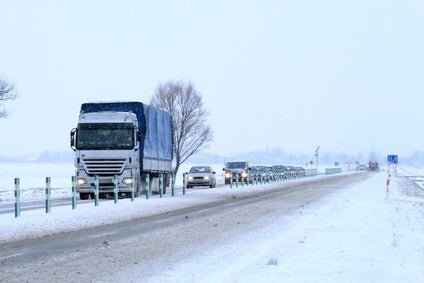
The European Automobile Manufacturers’ Association (ACEA) said it welcomes the European Parliament’s decision to include road transport in the EU emissions trading system (EU ETS).
ETS for road transport, or ETS2, is a cornerstone of the policy framework for decarbonising road transport.

Discover B2B Marketing That Performs
Combine business intelligence and editorial excellence to reach engaged professionals across 36 leading media platforms.
“By itself it is not a magic solution that can replace other regulations. Without it, however, it won’t be possible to make the required levels of CO2 reductions,” said ACEA director general, Eric-Mark Huitema.
“We will only see alternatively-powered vehicles hit the roads in big numbers if the carbon content of all energy carriers and CO2 emissions is priced appropriately.” A carbon pricing system should be part of a broader enabling framework, including a network of charging and refuelling infrastructure.
ACEA said it regretted MEPs voted to only include commercially-used fuels in ETS2. This creates administrative burdens and is impractical to implement. Instead, all fuels used in road transport should be subject to ETS2. This would send a strong signal to the fuels industry to bring carbon-neutral alternatives to the market in sufficient quantities and at affordable price levels.
It is important to carefully balance the impact of ETS on private and professional road users, making sure that they can adjust quickly. Revenues should be re-invested in the road sector to facilitate its transition, and should be used to mitigate impacts.
ACEA said it also noted the Parliament position on the carbon border adjustment mechanism (CBAM). Such a mechanism is needed to match the level of ambition of the ETS reform, and to ensure that European industry does not suffer from carbon leakage. At the same time, it is crucial that the competitiveness of European manufacturers on both domestic and export markets is carefully considered. ACEA therefore welcomed the Parliament’s request to the European Commission to assess the impact on downstream users.




